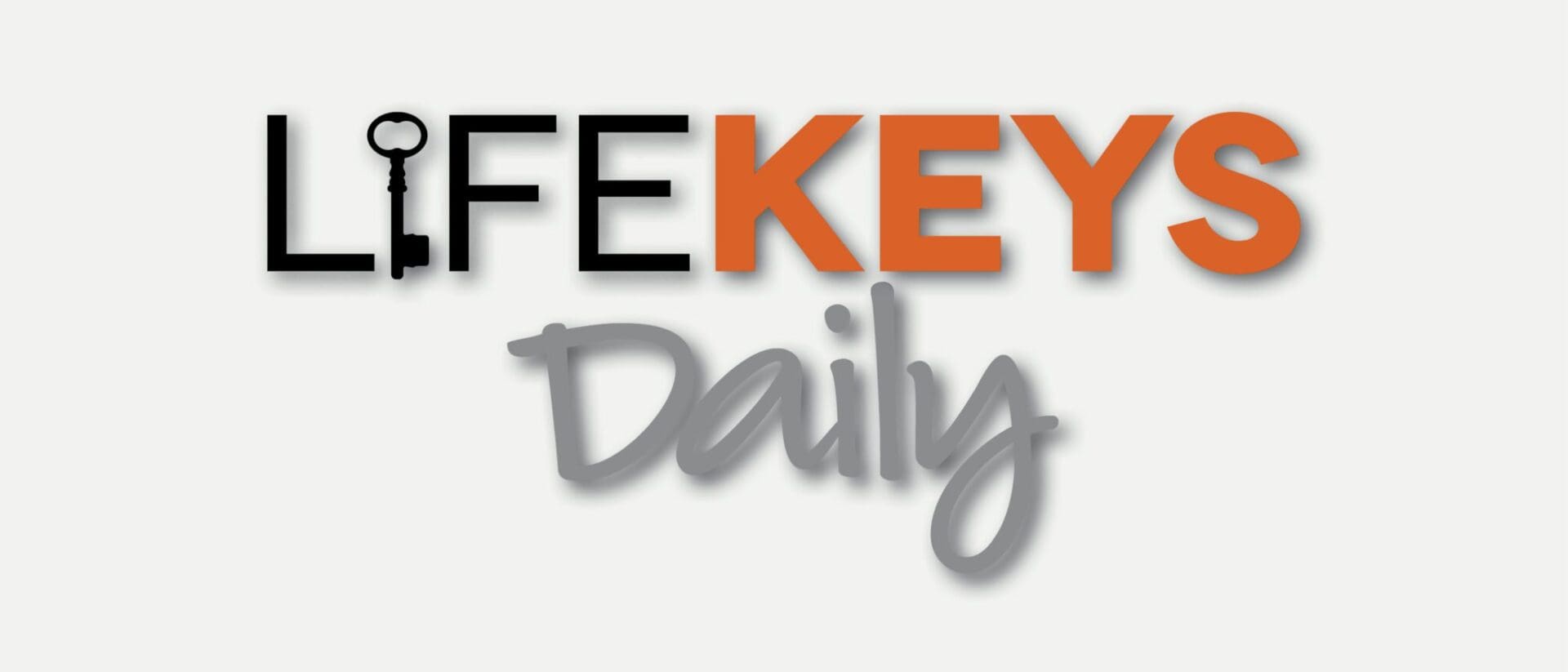Then Absalom sent for Joab, to send him to the king, but Joab would not come to him. 2 Samuel 14:29
You might think Absalom would be grateful for the kindness that had been shown to him. But an unrepentant heart is never thankful. Unrepentant sinners feel that God owes them something better.
Absalom called on Joab to act as his intercessor and speak to the king of his behalf. But Joab is reluctant. So Absalom sets Joab’s field on fire, which had the desired effect of bringing Joab to Absalom’s house, where the king’s son laid out his demand: “I sent word to you, ‘Come here, that I may send you to the king, to ask, “Why have I come from Geshur? It would be better for me to be there still.” Now therefore let me go into the presence of the king, and if there is guilt in me, let him put me to death’” (14:32).
You see what he is saying: “I’ve done nothing wrong! I am the victim of a great injustice.” In Absalom’s eyes, he had been right to take the life of Amnon because of what he had done to his sister Tamar.
“Then Joab went to the king and told him, and he summoned Absalom. So he came to the king and bowed himself on his face to the ground before the king, and the king kissed Absalom” (14:33). The king’s kiss was the sign of pardon. But what you have here is a pardon without repentance, a pardon that leaves Absalom plotting even more rebellion against the king.
David pardons his unrepentant son, but the division in the royal family remains. This eventually takes the country to the brink of civil war and leads, in the end, to Absalom’s destruction.
Are you currently asking for a pardon from God (or from others) without any intention of repenting? Why would this a problem for you? For others?

